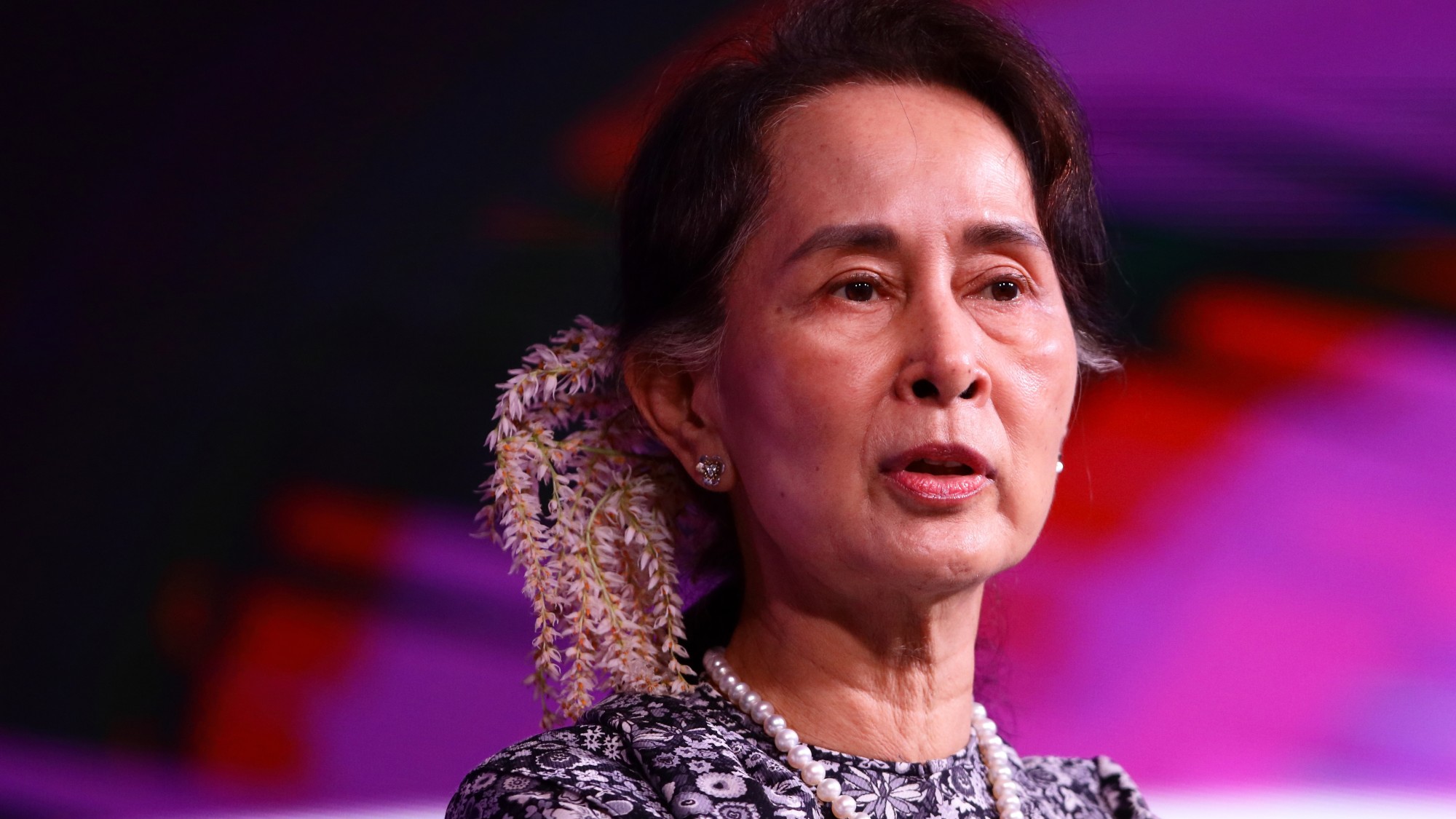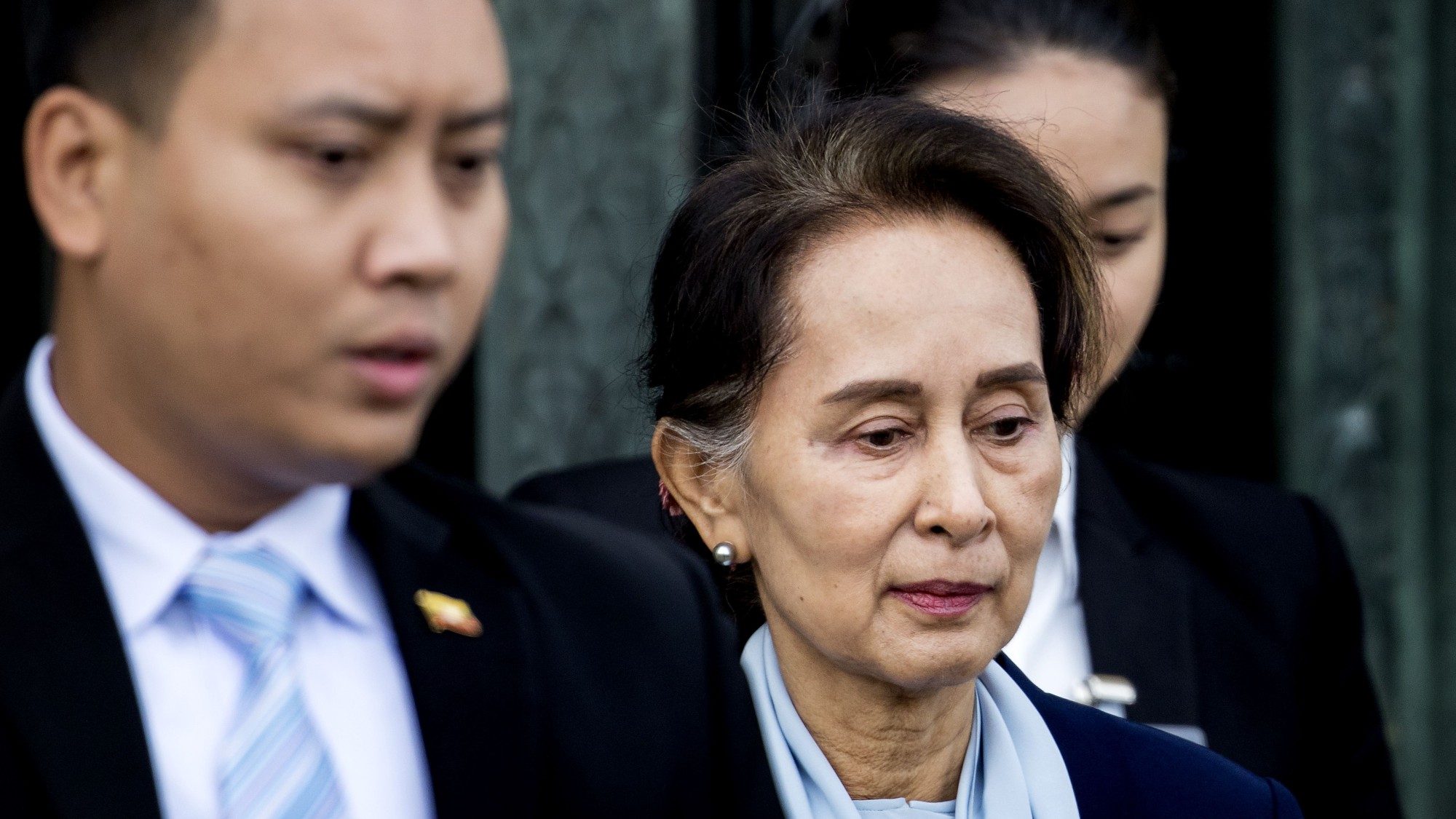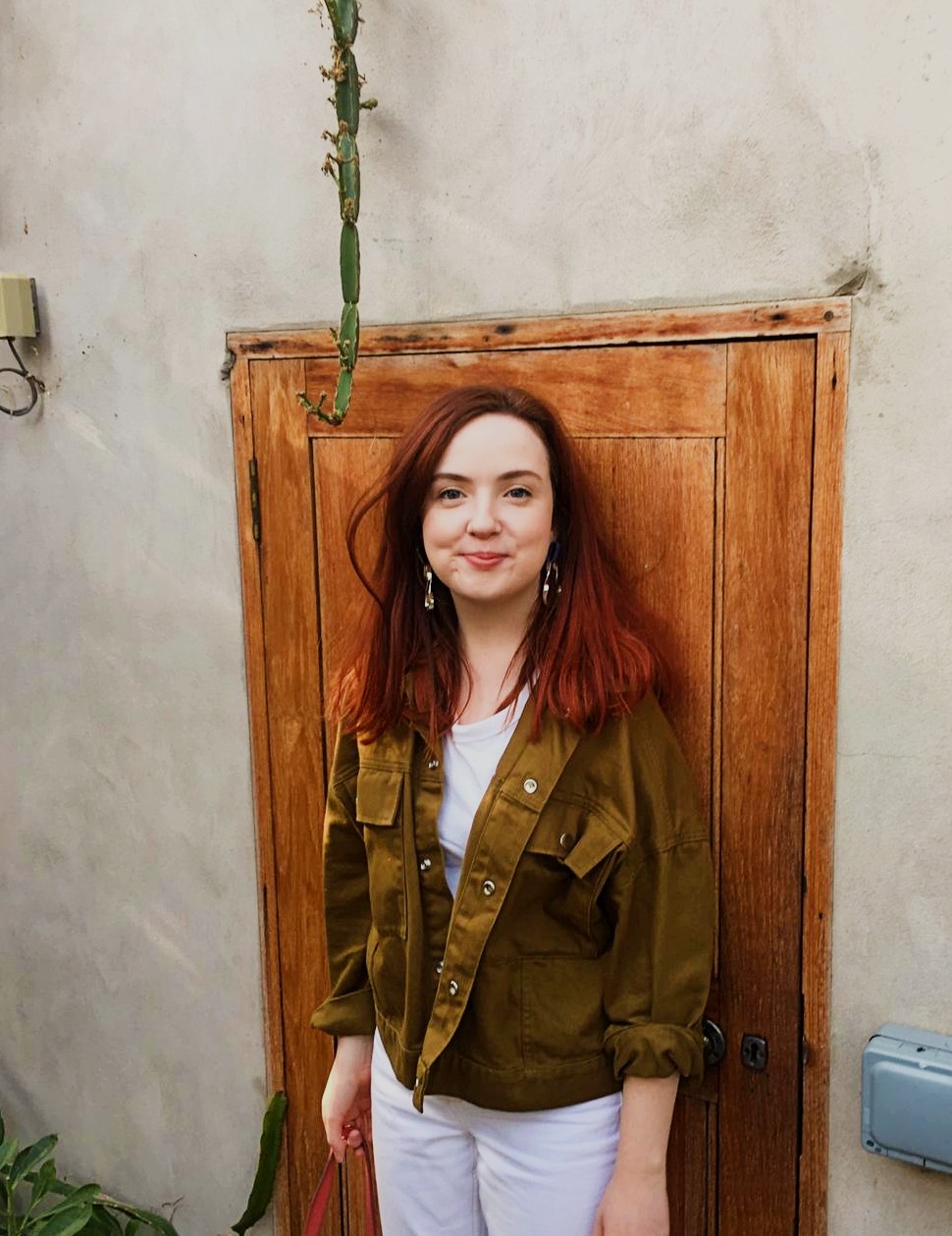Myanmar coup explained: what's happening and why is Aung San Suu Kyi being detained?
Here's everything to know about the conflict.


Celebrity news, beauty, fashion advice, and fascinating features, delivered straight to your inbox!
You are now subscribed
Your newsletter sign-up was successful
Here's everything to know about the conflict.
This morning, the world woke up to the news that the military in Myanmar had seized power of the country and declared a state of emergency, following the detainment of the country's civilian leader Aung San Suu Kyi and other senior members of the country's ruling party.
According to military television, the army have taken control of the country for one year, handing power to the commander-in-chief GenMin Aung Hlaing. The coup follows allegations that last year's election, which was won by Aung San Suu Kyi's National League for Democracy (NLD) by a landslide, was marred by fraud. (Allegations that have been rejected by Myanmar's election commission.)
With leaders including Boris Johnson and Joe Biden's US Secretary of State condemning the military takeover, here's everything you need to know about the coup in Myanmar.
What's happening in Myanmar?
Myanmar endured nearly 50 years of rule under oppressive military regimes before moving towards democratic rule in 2011. This morning's arrests of Aung San Suu Kyi and other senior political figures have brought back a past civilians had hoped they'd left behind.
For the past five years, Ms Suu Kyi and the National League for Democracy (NLD) led the country; and this morning, the party should have begun its second term in office.
Instead, it was reported that the military have taken control citing "huge discrepancies" in the country's November election, and that Ms Suu Kyi has been detained.
Celebrity news, beauty, fashion advice, and fascinating features, delivered straight to your inbox!
The NLD won more than 80 percent of the vote back in November, despite Aung San Suu Kyi facing allegations of genocide against the country’s Rohingya Muslim minority.
Who is Aung San Suu Kyi?
Aung San Suu Kyi is the daughter of General Aung San, Myanmar's independence revolutionary, who was assassinated just before the country gained independence from British colonial rule in 1948.
Between 1989 and 2010, Ms Suu Kyi was under house arrest in a battle to bring democracy to the then-military ruled Myanmar (formerly known as Burma). Her campaign cemented her as a global human rights hero, and won her the Nobel Peace Price in 1991.
Upon her release in 2010, Aung San Suu Kyi led the National League for Democracy (NLD) to a landslide election victory in what was Myanmar's first openly contested election for 25 years.
But her reputation as human rights icon has been tarnished in recent years by her treatment of Myanmar's mostly Muslim Rohingya minority.

Beginning in 2017, hundreds of thousands of the Rohingya people – who have been described by UN Secretary-General Antonio Guterres as "one of, if not the, most discriminated people in the world" – were forced to flee to Bangladesh due to an army crackdown sparked by attacks on police stations in Rakhine state.
Despite thousands of deaths, the army in Myanmar has claimed it was fighting Rohingya militants and denies targeting civilians. Aung San Suu Kyi has refused to condemn the military or acknowledge the violence brought against the Rohingya – prompting accusations from former international supporters that the leader showed indifference in the face of possible genocide and ethnic cleansing.
What has the response been to the Myanmar coup?
Just weeks into Joe Biden's presidency, the United States have condemned the coup, saying Washington "opposes any attempt to alter the outcome of recent elections or impede Myanmar's democratic transition".
In the UK, Prime Minister Boris Johnson also condemned the coup and Aung San Suu Kyi's "unlawful imprisonment". Johnson tweeted this morning, 'The vote of the people must be respected and civilian leaders released.'
Kate McCusker is a freelance writer at Marie Claire UK, having joined the team in 2019. She studied fashion journalism at Central Saint Martins, and her byline has also appeared in Dezeen, British Vogue, The Times and woman&home. In no particular order, her big loves are: design, good fiction, bad reality shows and the risible interiors of celebrity houses.
